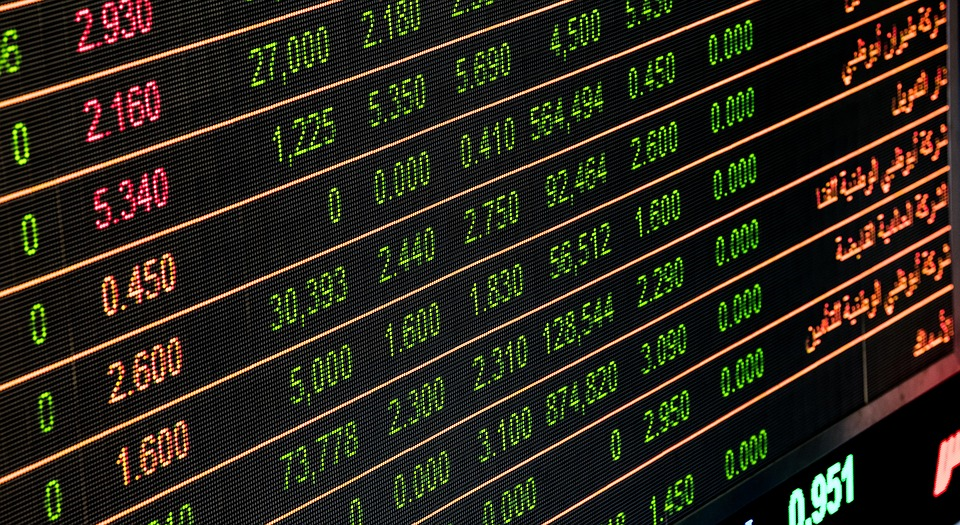Korean Big Four Crypto Exchanges Launch A Joint Initiative To Kick Out Illegal Activities In The Industry

The four biggest crypto exchanges in South Korea jointly launched an initiative to fight money laundering. A dedicated hotline was put in place and users will report any suspicious activities to the authorities, Yonhap reported.
The exchanges – Upbit, Coinone, Bithumb and Corbit – will also use the hotline to report unusual trading activities. Notably, the aim is to root out actors that may be inclined to commit crimes like pyramid schemes and voice phishing. Interestingly, this is in realisation that many bad actors are taking advantage of the digital market to steal. Further, the entities acknowledge that continued misuse of the digital platform is a challenge to earning regulatory clarity.
Users can share information in real-time
According to one official behind the initiative quoted by Yonhap, users can share such information in real-time. Interestingly, the exchanges will be able to take actions instantly to stem any further damage to industry confidence.
“They are now able to instantly check any wrongful transactions made at other exchanges and take necessary measures, such as blocking their own related accounts. The cooperative step against money laundering via cryptocurrencies is expected to boost the soundness of the industry and to better protect consumers,” the official said.
This initiative is similar to another one established early 2018 with the aim of improving security and trust. Notably, the Korea Blockchain Association adopted a new set of rules to self-regulate after fraud reports emerged involving Coinnest. According to the news outlet, the Korea Blockchain Association declared that it would want to oversee member activities. As such, it would be able to audit the members to establish their integrity and transparency of business.
Protecting the integrity of the industry
The association had 23 member companies as at April 2018 and 14 of which were cryptocurrency exchanges. Besides bringing members together, the association ensures that exchanges have clear and verifiable records of all transactions. Interestingly, the regulations clearly indicate that such information on every investor should be available for up to five years.
Further, exchanges would need to put in place internal detection systems that would monitor transactions. Ultimately, the systems are supposed to alert the exchanges of “any irregular activity” that could amount to money laundering. Finally, the association requires all its members to present lists of stockholders, audit reports and even financial statements. This way, it will be possible to determine the nature of business of all members and to avoid a repeat of the Coinnest instance.


